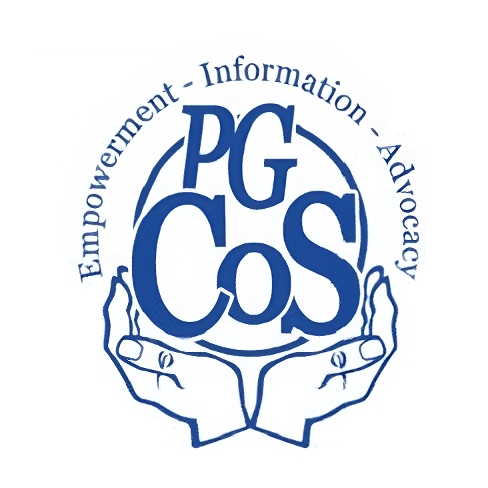June 15 is World Elder Abuse Awareness Day. This day was established by the International Network for the Prevention of Elder Abuse (INPEA) in 2006 in support of the United Nations International Plan of Action to recognize the significance of elder abuse as a public health and human rights issue.
Abuse and neglect of the elderly remained private and hidden until child abuse and domestic violence began to draw public attention in the last part of the 20th century. Unfortunately, this issue is still largely under-recognized or treated as an unspoken problem. It is currently estimated that 80% of elder abuse or neglect in British Columbia remains undetected, and that only about one in five cases actually comes to the attention of community agencies or authorities.
This crisis is likely to grow. The global population of adults over the age of 60 is predicted to double by 2025. The number of adults age 65 and over is expected to increase from 14.7% to 24% of the population of British Columbia by 2036.
Elder abuse is any action or deliberate behavior by a person or persons in positions of trust (such as a spouse, adult child, friend or care-giver) that causes an older adult physical, emotional or mental harm. Abuse can also include damage to or loss of an older adult’s assets or property. No country or community or neighbourhood is immune.
Abuse and neglect can happen to both men and women of different ages, abilities, cultural and economic backgrounds and sexual orientations. Older adults may be ashamed to talk about it, particularly if a family member is the perpetrator, and some may be afraid to speak up for fear others won’t believe them or of possible retaliation. Relatives and friends may hesitate to get involved because they don’t know what to do or fear their actions could make the situation worse.

